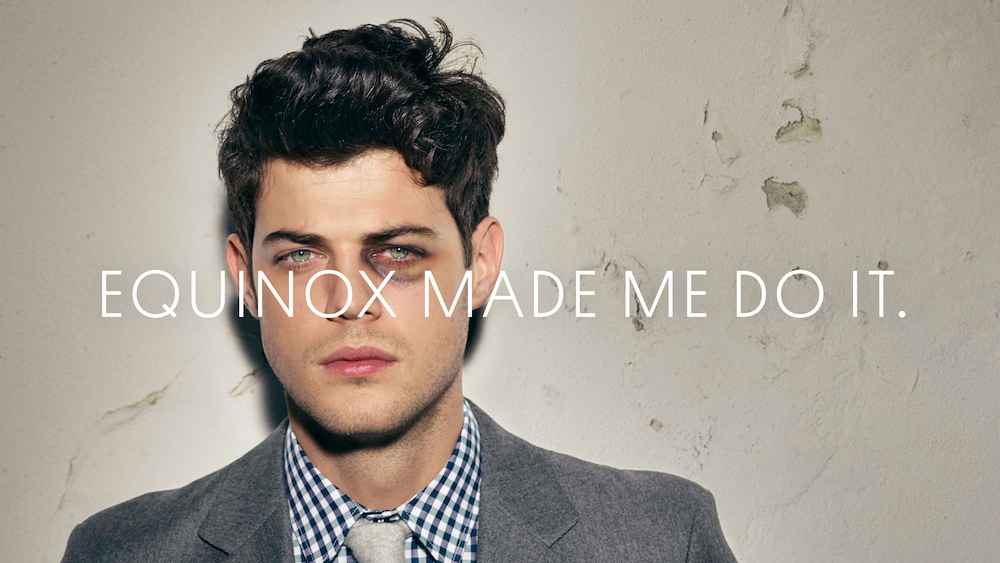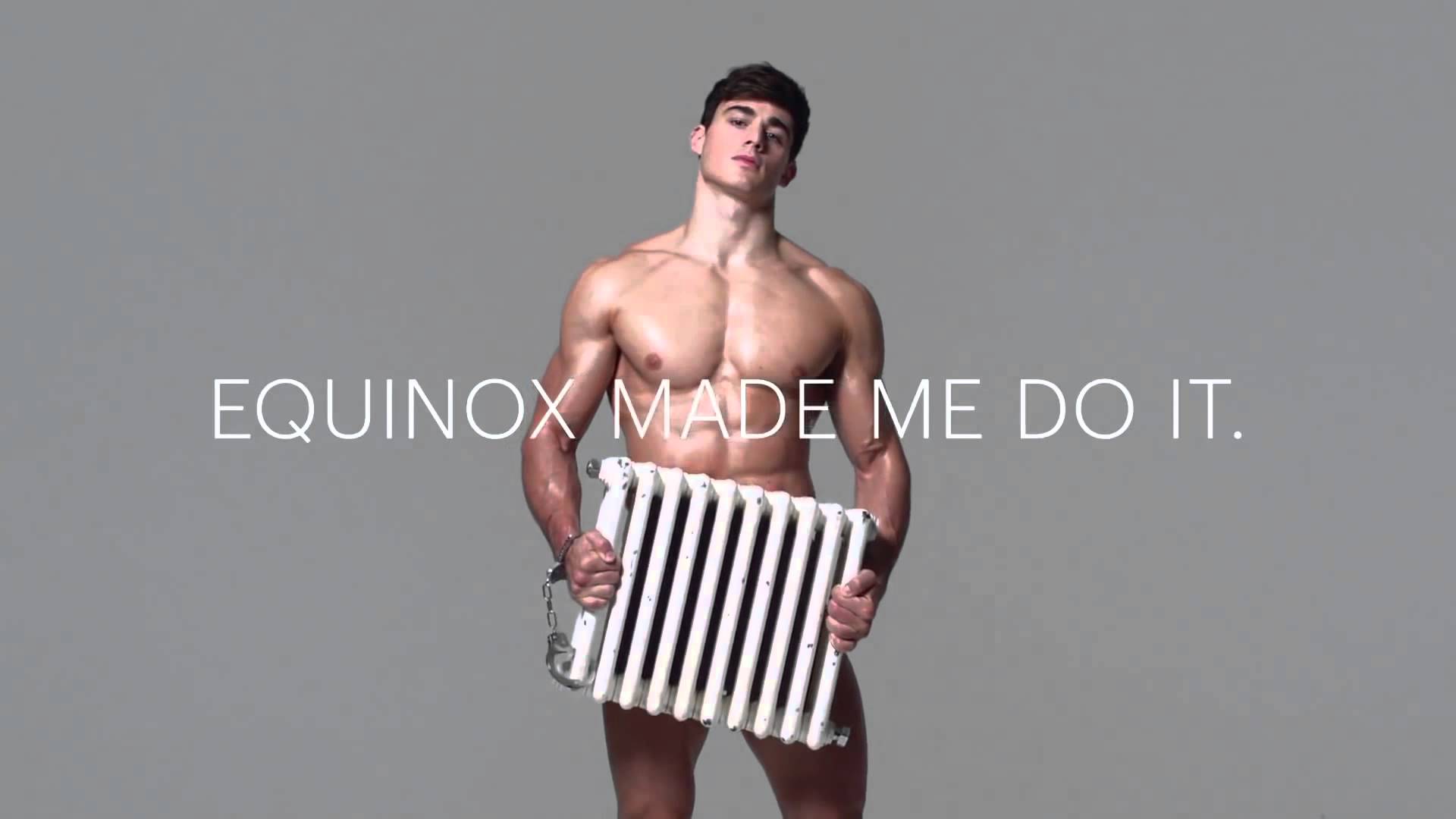Reading Time: About 5 minutes
First, it’s good to be back. What was supposed to be a hiatus of a few months turned into a few years. I’ve climbed back on the saddle and I’m excited to explore the world of consumer behavior again with you. In addition to restarting the weekly posts, a new season of the podcast is in production.
Now, on to this week’s findings…
This Sunday night, like many of you, I will be watching the next episode of Succession, dreading the fact that we are quickly coming to the end of this Emmy-Award-Winning HBO series (I refuse to call the network Max. More to say on this in a future post.) The saga of the Roy family has become a cult phenomenon, largely due to brilliant storytelling by showrunner Jesse Armstrong and commanding performances by a stellar ensemble cast. But there may be another reason for the show’s success: it is a textbook portrayal of The Dark Triad.
What is The Dark Triad, you ask? No, it is not a board game you played in the 80s. Rather, it is a set of three personality traits considered undesirable and malevolent:
- Machiavellianism: a tendency to manipulate others to achieve personal goals
- Narcissism: an inflated sense of self-importance and strong need for admiration
- Psychopathy: a lack of empathy or remorse and a tendency to engage in reckless, antisocial behavior
The topic has garnered significant attention in the psychological community over the past two decades, much of the dominant work published prolifically by Peter K. Jonason. Troubling fun fact: a lot of Jonason’s research has focused on The Dark Triad’s influence on mating strategies. The Dark Triad complements conventional theories of personality, such as The 5-Factor Model (or “The Big Five”), which focus more broadly on common and stable dimensions of human personality.
Succession’s central protagonist, Logan Roy, masters all three Dark Triad traits. Proving the apple doesn’t fall far from the tree, his television offspring also manifest them. And it dawned on me that the entire cast of characters is deeply flawed and brimful of undesirable characteristics that should render them unlikeable … but we love them all and can’t stop watching them them. Why?
I should start by saying this is most definitely a trend and not a fad. Antiheroes have been rising as the focus of our favorite movies and television shows for decades. You needn’t look any further than Tony Soprano (The Sopranos), Walter White (Breaking Bad), and Don Draper (Mad Men) to find leading characters with Dark Triad traits. Recently, this consumer fascination with people you probably shouldn’t be rooting for provided us with a plethora of Dark Triad narratives featuring real-life characters such as Adam Neumann (WeCrashed), Anna Sorokin (Inventing Anna), Elizabeth Holmes (The Dropout), and Simon Leviev (The Tinder Swindler).
One explanation for this trend might be catharsis. When we empathize with an antihero we diminish the power of our inner narcissists, connivers, and psychopaths. When Kendall Roy deliberately destroys part of his father’s kingdom, he takes us to an emotional playground we’ve been raised to avoid. We all possess the capacity to act on these unsavory impulses. Tell me you haven’t been close to something incredibly valuable and wonder what would happen if you just destroyed it? Perhaps I’ve said too much. Zip it, inner psychopath voice!
On the other hand, antiheroes might be garnering our attention due to rising individualism around the world. It is a distinctly American force. Our unquenched thirst for personal achievement can invite The Dark Triad just as anger and vengeance welcomes the dark side of “the force” in the Star Wars universe. In the narrative of you against the world, you are rewarded for your ambition, your upward mobility, and the awe of your peers. We are so immersed in this narrative that marketers are sometimes caught by surprise when they try to project it in failed campaigns on foreign soil. Eastern cultures, in particular, have been found to value interdependence and communal contribution more than the possessive, independent spirit that nourishes The Dark Triad. Although, a 2017 study published in Psychological Science found that rising individualism has crossed all borders and has increased by 12% since 1960. It is what has led audiences around the world to root for the MCU’s Tony Stark … until we face his alter ego, Elon Musk. Even then, we can’t look away. Some Musk fans have doubled down on their support, even as his increasingly Dark Triad personality has caused residual damage to the pioneering brands linked to his personal brand.
Politics is also to blame. According to a 2021 Pew Research study, 85% of Americans believe our political system “needs to be completely reformed.” That same study alarmed many scholars because it also found that 58% of those same Americans were dissatisfied “with the way democracy is working.” Edelman’s Trust Barometer has tracked a slow and steady decline in trust for government institutions and the media. Its 2022 installment of the report found a majority of respondents agreeing that government was a “dividing force.” A climate of increasing skepticism about large institutions creates a favorable environment for stories featuring heroes with grandiose self concepts and a desire to topple the system. Just ask The Joker.
Finally, we must consider the rise of social media. These platforms encourage self-promotion (narcissism), posturing for personal gain (Machiavellianism), and trolling (psychopathy). At the risk of sounding dramatic (my inner psychopath is chomping at the bit again), social media is Pandora’s Box for those inclined to Dark Triad tendencies. While it’s true that many of us use these platforms innocently to stay connected with friends and family, and occasionally share our struggles and triumphs, multiple studies have shown that excessive use can lead some users to experience severe psychological disorders related to the Dark Triad.
All of this leads me to wonder what marketers can learn from this dark corner of consumer culture. The Dark Triad has found its way into many modern marketing programs with successful results. Allstate’s long-running and award-winning “Mayhem” campaign gets its point across through a personification of psychopathy, played with dead-pan comedic precision by actor Dean Gerard Winters.
If we dial back the clock a few decades, Isuzu introduced us to Joe Isuzu, a pathological liar played by David Leisure.
A few years ago, Equinox unleashed a controversial campaign steeped in Dark Triad undertones. I wrote about here in 2017. “Equinox Made Me Do It” extolled the virtues of fitness through eyebrow-raising depictions of where a great body might lead you. From impulsively shaving your head, to vandalizing property, to fleeing naked from the police after being caught in a tryst in a public place. Through it all, Equinox positioned itself as an elite club of sexy, self-indulgent, empowered troublemakers.


There is an ethical line, of course. Marketers have to be careful when gratifying our silent devils. The Dark Triad can be fair game for consumer marketing when coupled with constructive messaging that focuses on the benefits of a product or service. In Equinox’s case, the campaign was ultimately encouraging people to get fit, though the rationale for doing so was less than wholesome. It’s a fine line, smudged into a fuzzy gray zone.
Marketers must take extra care so that a trip down Dark Triad lane doesn’t alienate audiences or introduce unintended biases. Abercrombie & Fitch went all-in on narcissism until it became increasingly clear that its vision of beauty specifically excluded many shoppers who wanted to participate in the brand’s hedonistic fantasy. The brand is still recovering, but it offers a stark lesson on why the Dark Triad can be a third rail if not exercised with caution. Allow consumers to indulge their dark side, but not if it marginalizes vulnerable audiences or promotes harmful behavior.
While it is sad that we only have a few episodes left of Succession, you can be sure there will be plenty of content in the future that engages your Dark Triad wild side.

